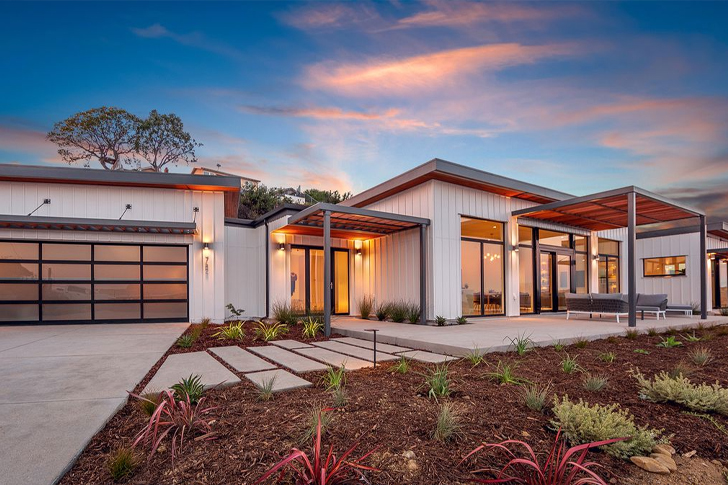Senior Living: How to Find Economical Pre-Homes Across the U.S.
Finding affordable pre-homes for seniors is an essential concern for many families and individuals as they plan for a comfortable and secure retirement. Pre-homes, which often refer to smaller houses, apartments, or living arrangements intended for seniors prior to transitioning into full-time assisted living or care facilities, can vary widely in cost and amenities. In this guide, we’ll explore practical strategies and options for securing affordable housing tailored to senior needs.

The first step in finding an affordable pre-home for seniors is to thoroughly understand what “affordable” means within the context of senior living. The U.S. Department of Housing and Urban Development (HUD) suggests that housing is considered affordable if it costs no more than 30% of a household’s income. For seniors, particularly those on fixed incomes, finding housing within this criterion can be challenging.
Exploring Government Assistance Programs
Several government programs are designed to help seniors find affordable housing:
Housing Choice Voucher Program (Section 8)
This program allows seniors to find their own housing (including single-family homes, townhouses, and apartments) that accepts Section 8 vouchers. The government gives funds directly to the property owner on behalf of the participating senior, who then pays the difference between the actual rent charged by the landlord and the amount subsidized by the program.
Section 202 Supportive Housing for the Elderly
Specifically designed for seniors, this program provides housing that offers a supportive environment for independent living. This initiative often includes financial assistance for rent, as well as a subsidy for the maintenance of communal facilities and supportive services like community dining, housekeeping, and transportation.
Tips on Applying for Senior Housing Grants
Grants can significantly lower the cost of housing or offer special conditions that benefit seniors. Resources such as Benefits.gov and the National Council on Aging provide listings and assistance on government grants available to seniors. To increase your chances of receiving a grant:
– Ensure all documentation and financial records are accurate and up-to-date.
– Apply as early as possible since many grants have limited funding.
– Include a clear explanation of your needs and how the grant will assist in meeting those needs.
Choosing the Right Location
The cost of living can vary significantly from one location to another. States like Alabama, Arkansas, and Oklahoma are among the most affordable for seniors, offering lower overall costs for housing, healthcare, and amenities. In contrast, states like California and New York are typically more expensive. Considering relocation to a more affordable area can be a practical solution for seniors looking for cost-effective pre-home options.
Utilizing Non-Profit and Community Resources
Many non-profit organizations offer assistance to seniors seeking affordable housing. For example, the American Association of Retired Persons (AARP) provides resources on affordable housing options and how to apply for financial assistance. Local community centers, senior centers, and churches often have information and resources about low-cost housing for seniors as well.
Exploring Alternative Housing Options
Innovative living arrangements such as senior co-housing and shared housing can offer substantial savings:
– **Senior Co-Housing**: Seniors live in private residences but share common areas, such as kitchens and recreational spaces. This arrangement reduces living costs and fosters a community environment.
– **Shared Housing**: By sharing a home with another senior or a small group, individuals can split the cost of rent, utilities, and maintenance, leading to significant savings.
Conclusion
Finding affordable pre-homes for seniors requires careful planning, consideration of available resources, and sometimes a willingness to relocate or try unconventional living arrangements. By leveraging government programs, community resources, and innovative housing models, seniors can find suitable and economical housing solutions tailored to their needs.







Recent Comments